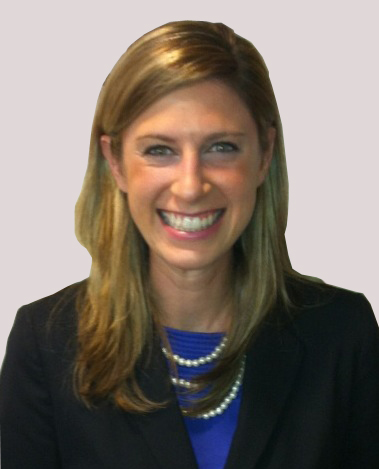BY FAY GORDON, NATIONAL SENIOR CITIZENS LAW CENTER
On June 28, I joined 1.7 million anxious SCOTUSblog followers, and held my breath until 10:09 a.m. when the words “the individual mandate survives as a tax” appeared on the screen. Cue the applause in the office — health care reform survived!
While we celebrated, I thought of the seniors benefitting from health care reform. Unlike the lawyers and wonks, they were not rushing to print copies of the opinion, or feverishly e-mailing colleagues. They likely carried on with their Thursday morning-working and taking care of families and grandchildren. In a flashback to the 2010 health care debate, the law’s tremendous improvements for seniors was largely ignored amid the squawking about Obamacare, penalties and taxes. Once again, seniors run the risk of misinformation and myths about the Affordable Care Act (ACA). This is an ideal time to reflect on the ACA’s positive changes:
1. Seniors are saving money on prescription drugs.
Before the ACA, Medicare Part D covered the cost of medications only up to a certain point. Seniors were on the hook for all prescription drug costs between that and the catastrophic coverage threshold, a gap known as the “donut hole,” and spent an average of $1,510 per year on medications. Now, because of discounts and other provisions in the ACA, seniors out of pocket spending fell significantly and by 2020, the donut hole will be completely closed.
2. Seniors will receive better preventive care.
A critical goal of the ACA is making it easier for seniors to access primary and preventive care. Through Medicare, all seniors will receive enhanced preventive care through a free Annual Wellness Visit, and services like mammograms, diabetes screenings, bone mass measurements, Pap smears, HIV screenings and obesity screenings.
3. Seniors may be able to see their doctor at home.
Through the Independence at Home demonstration, frail seniors who cannot travel to a doctor’s office may be eligible for home visits from their primary care doctor. The program allows doctors to perform primary care services and perform assessments in the patient’s home.
4. Seniors and caregivers may receive help and services when leaving the hospital.
For some seniors, leaving the hospital can be a dangerous transition if they lack the supports they need to safely heal and recover at home. The Community-based Care Transitions program allows hospitals to partner with community-based organizations to help with this transition. For example, one organization, the Aging, Disability and Transportation Resource Center in El Paso, Texas will offer patients a support package when discharged from the hospital, which includes four trips to and from medical appointments, prescription drug pick-ups and a referral for delivered meals.
5. Seniors will received enhanced long-term services and supports (LTSS) in the community.
Seniors and their families generally prefer to receive LTSS at home, instead of in a nursing facility. The ACA introduced two programs to provide greater access to home and community-based care: The Balancing Incentive Payment Program and the Community First Choice Option.
6. Uninsured, low-income “young seniors” will be eligible for health care coverage under the Medicaid expansion.
Some uninsured “young seniors,” those 50-64, will receive health care coverage if their state chooses to expand its Medicaid program. The ACA allows states to expand their Medicaid program by 2014 to cover all individuals under 65 with incomes below 133% of the federal poverty line. This is particularly good news for young seniors who have had difficulty accessing insurance due to high rates of unemployment and poor health from chronic conditions. Unfortunately, the Supreme Court’s decision took away the federal government’s ability to penalize states that do not expand, and some states are threatening not to provide coverage. Advocacy and action is needed to ensure that states choose to expand their Medicaid program and provide health coverage to this population.
The ACA excitement has calmed a bit from its June fever pitch, but the next few months will likely bring another onslaught of negative attacks and commercials. It is crucial that seniors and their families receive accurate and reliable information about how the health care law helps Medicare, helps seniors and helps their families.
Fay Gordon is a staff attorney with the National Senior Citizens Law Center. She is part of NSCLC’s Health Care team where she works primarily on advocacy for individuals who are dually eligible for Medicare and Medicaid benefits. Before joining NSCLC, Fay worked on aging issues on behalf of the National Academy of Elder Law Attorneys and acted as co-chair of the Community Services Committee of the Leadership Council of Aging Organizations. Fay has worked as law clerk with Frank, Frank & Scherr, LLC in Lutherville, MD, an elder law firm, and served as a health law intern for the U.S. Senate Committee of Health, Education, Labor and Pensions. Fay earned her BA from the University of California, Los Angeles and her JD from the University of Maryland. She is a member of the Maryland Bar.
The opinions expressed in this article are those of the author and do not necessarily reflect those of the Diverse Elders Coalition.


